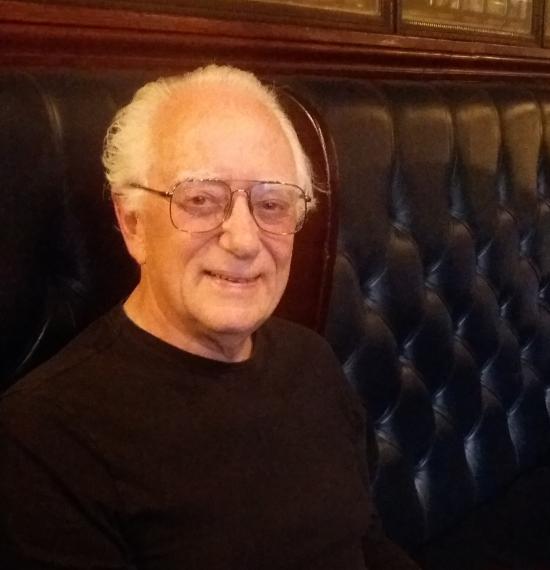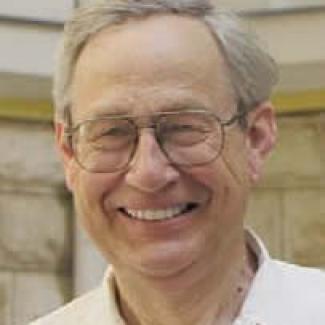Two Presentations
David S. H. Rosenthal and Clifford Lynch
Blockchain: What’s Not To Like?
David S. H. Rosenthal
We’re in a period when blockchain or “Distributed Ledger Technology” is the Solution to Everything™, so it is inevitable that it will be proposed as the solution to problems in academic communication and digital preservation. These proposals typically assume, despite the evidence, that real-world blockchain implementations actually deliver the theoretical attributes of decentralization, immutability, security, anonymity, lack of trust, etc. The proposers appear to believe that Satoshi Nakamoto revealed the infallible Bitcoin protocol to the world on golden tablets; they typically don’t appreciate or cite the nearly three decades of research and implementation that led up to it. This talk will discuss the mismatch between theory and practice in blockchain technology.
Priorities for Capital Investment in Digital Infrastructure and Services
Clifford Lynch
In preparation for roundtables that my organization, the Coalition for Networked Information, will be conducting in December, I am interested in hearing about the views of seminar participants about priorities for new capital investments in digital infrastructure and services. These investments could be at an institutional level, though I am most interested in those that might be made on a broader community basis, either within the higher education or research and education communities. Such investments might include either entirely new platforms, services or other infrastructure, or replacement/modernization of existing systems (either for technical or governance/support reasons). We might also briefly discuss principles and methods for identifying and prioritizing such investments, sources of funding, and mechanisms for managing and governing such investments at the community level.
Online participants must have a Zoom account and be logged in. Sign up for your free account here. If this is your first time using Zoom, please allow a few extra minutes to download and install the browser plugin or mobile app.
Clifford Lynch is the director of the Coalition for Networked Information (CNI) and an adjunct professor at the School of Information. Prior to joining CNI in 1997, Lynch spent eighteen years at the University of California Office of the President, the last ten as director of Library Automation. Lynch is a past president of ASIS&T and a fellow of the American Association for the Advancement of Science and the National Information Standards Organization.
David S. H. Rosenthal recently retired as the chief scientist and founder of the LOCKSS program at Stanford. The LOCKSS program is aimed at long-term preservation of the web published materials (ejournals, books, blogs, web sites, archival materials, etc).
David joined Sun Microsystems in 1985 from the Andrew project at Carnegie-Mellon University, where he had worked on window systems with James Gosling. He worked on window systems with James at Sun, and was part of the teams which developed both NeWS and the X Window System, now the open-source standard. He also worked on graphics hardware, the operating system kernel, and on system and network administration.
David left Sun in 1993 to be chief scientist and employee #4 at Nvidia, now the leading supplier of high-performance graphics chips for the PC industry. He worked on I/O architecture. In 1996 he joined Vitria Technology, now a leading supplier of e-business infrastructure technology. He worked on reliable multicast protocols and on testing industrial-strength software.
After starting the LOCKSS program at Stanford with NSF funding, from 1999–2002 he worked on it at Sun Labs. From 2002 he has been working on it at Stanford Library. David received an MA degree from Trinity College, Cambridge and a Ph. D. from Imperial College, London. He is the author of several technical publications and holds 23 patents.












